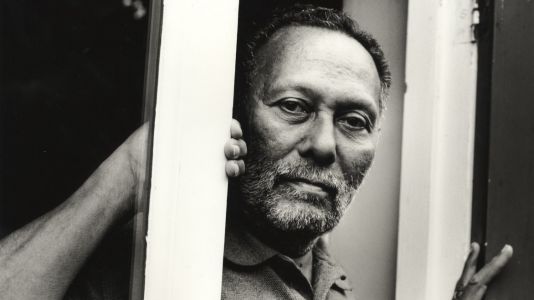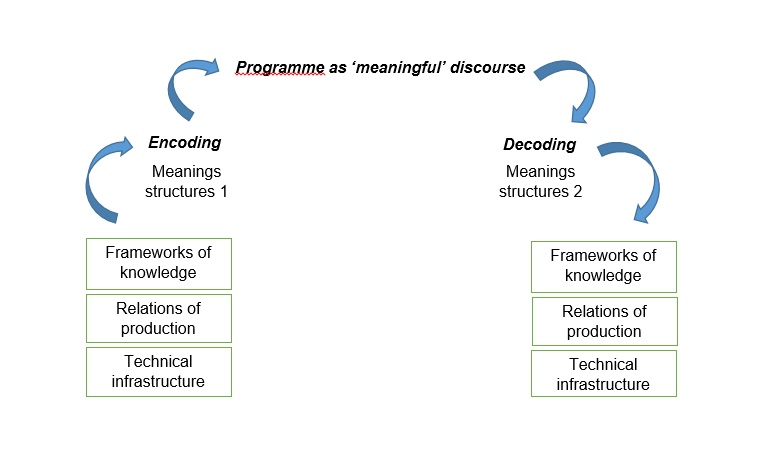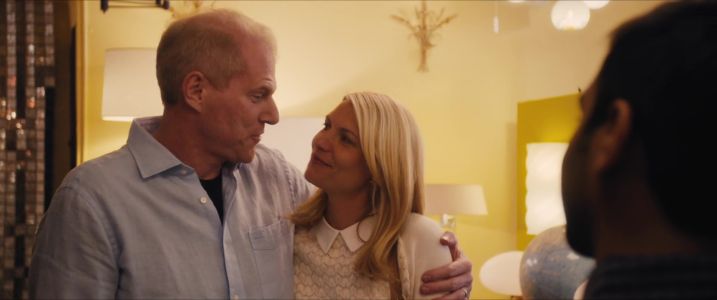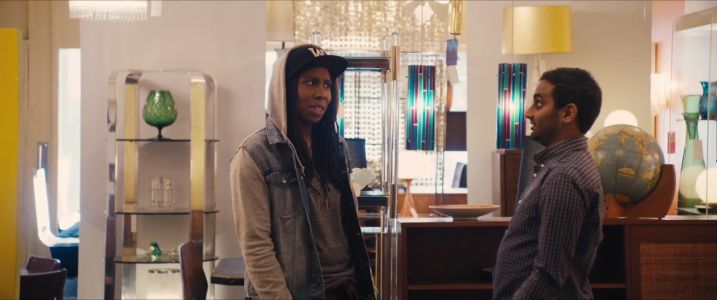Ideological Criticism, Cultural Studies (Discussion)
From Screenpedia
Jump to navigationJump to searchIdeological criticism: key terms
- Ideology
- Hegemony
- Discourse, as defined by John Fiske:
- "a language or system of representation that has
- developed socially in order
- to make and circulate
- a coherent set of meanings about an important topic area."
- Encoding and decoding, as defined by Stuart Hall
Decoding (or reading) a text
- Group 1: Perform a dominant-hegemonic decoding of My So-Called Life. What would be the result of your reading in terms of representations of gender and sexuality, ethnicity, and youth (vs. middle age)?
- Group 2: Perform a oppositional decoding of My So-Called Life. What would be the result of your reading in terms of representations of gender and sexuality, ethnicity, and youth (vs. middle age)?
- Group 3: Perform a negotiated decoding of My So-Called Life. What would be the result of your reading in terms of representations of gender and sexuality, ethnicity, and youth (vs. middle age)?
- Group 4: What do you feel is the preferred reading of this episode? What is the preferred reading in terms of representations of gender and sexuality, ethnicity, and youth (vs. middle age)? ("Hall and others often presume that the preferred reading encoded on the text by the television apparatus will be from the dominant position," but in this case it probably is not.)
Cast (from IMDb)
- Bess Armstrong ... Patty Chase
- Wilson Cruz ... Rickie Vasquez
- Claire Danes ... Angela Chase
- Devon Gummersall ... Brian Krakow
- A.J. Langer ... Rayanne Graff
- Jared Leto ... Jordan Catalano
- Devon Odessa ... Sharon Cherski
- Tom Irwin ... Graham Chase
Ritesh Mehta, "Master of None: Negotiated Decoding"
- Mehta offers "dominant", "oppositional", and "negotiated" "readings" of Asian-American Dev's relationships with various white women over the course of the series (pp. 147-148). Describe those three readings in your own words. How do those readings apply to Dev's relationship with Nina in "The Other Man" episode?
- Mehta argues that the second season of Master of None "privileges" (offers a preferred reading, one might say) a different decoding than the first. How so? And can you see this in "The Other Man" episode, which is from the first season?
- If we compare/contrast Master of None with My So-Called Life, what preferred readings do they offer regarding:
- Angela and Nina, in terms of gender politics.
- Representations of adultery.
- Ricky and Denise, in terms of LGBTQ/race politics.
- How did you read Mark and Nina's conversion at the end of the episode?
Cast (from IMDb)
- Aziz Ansari ... Dev
- Lena Waithe ... Denise
- Claire Danes ... Nina
- H. Jon Benjamin ... Benjamin
- Noah Emmerich ... Mark
- Colin Salmon ... Colin
- Todd Barry ... Todd
- Annie Chang ... Caroline
Strengths/weaknesses
List two strength(s) of ideological criticism, cultural studies and/or production studies. List two weaknesses of these approaches. Answers in boldface are the best ones.
- Group 1 on production studies:
- S:
- W:
- Group 2 on Stuart Hall:
- S:
- W:
- Group 3 on Stuart Hall:
- S:
- W:
- Group 4 on production studies:
- S:
- W:
Bibliography
- Jeremy G. Butler, Television: Visual Storytelling and Screen Culture (NY: Routledge, 2018).
- Ethan Thompson & Jason Mittell, eds., How to Watch Television, second edition (2020):
- Ritesh Mehta, "Master of None: Negotiated Decoding," second edition, 144-152.
- Katie Way, "I went on a date with Aziz Ansari. It turned into the worst night of my life," babe.net, https://babe.net/2018/01/13/aziz-ansari-28355
- Screenshots from Master of None



